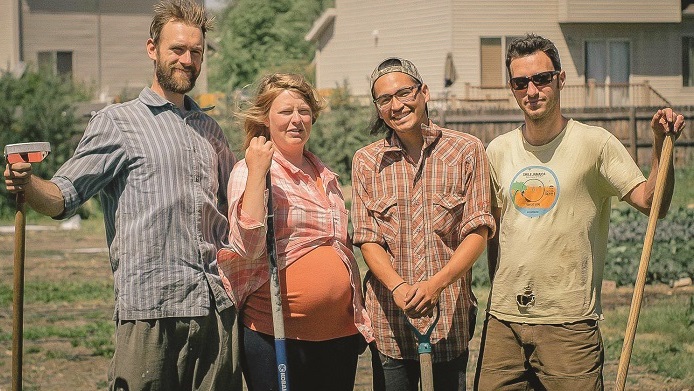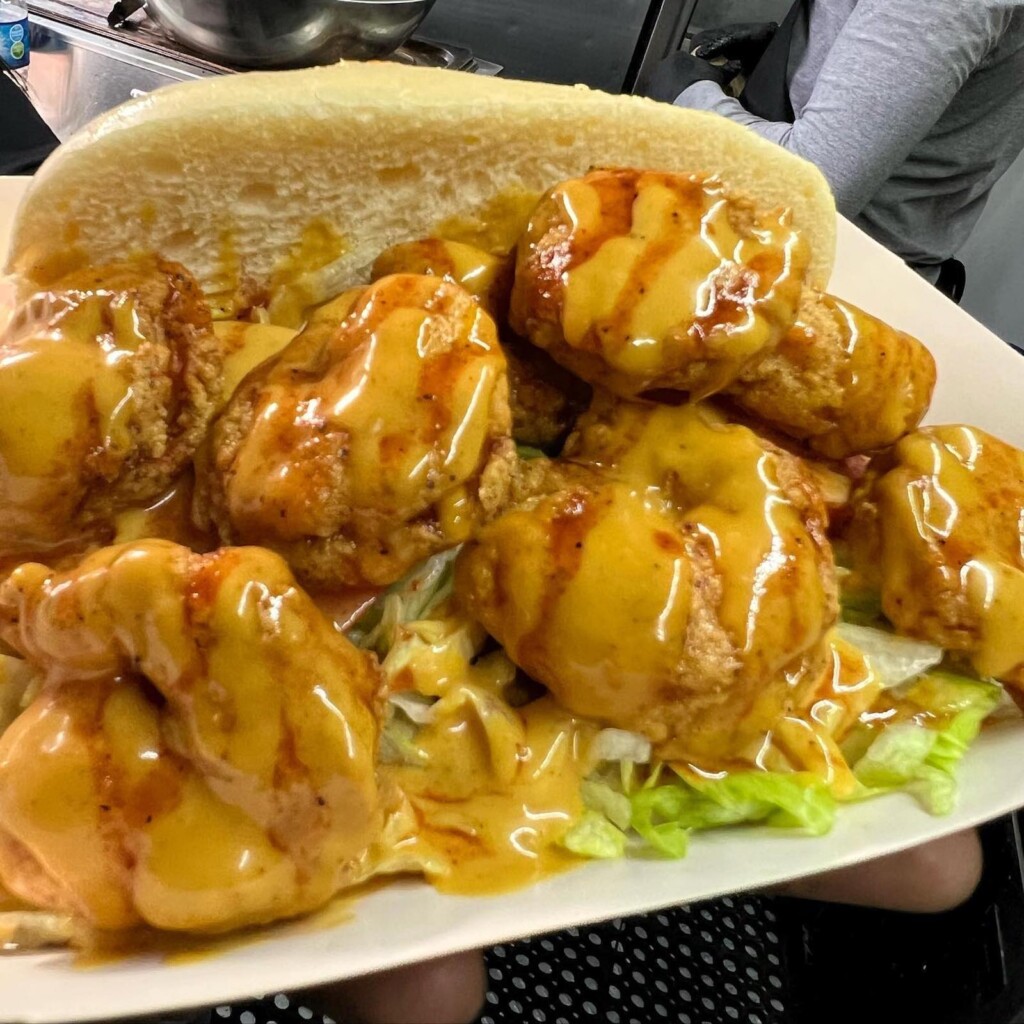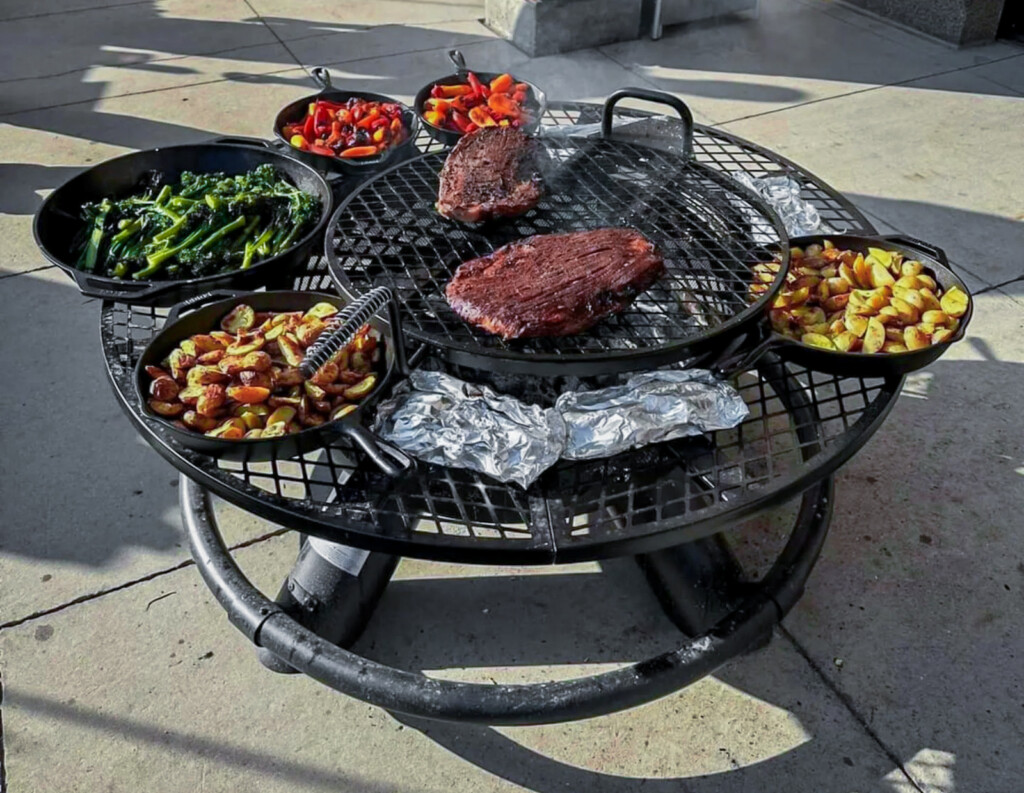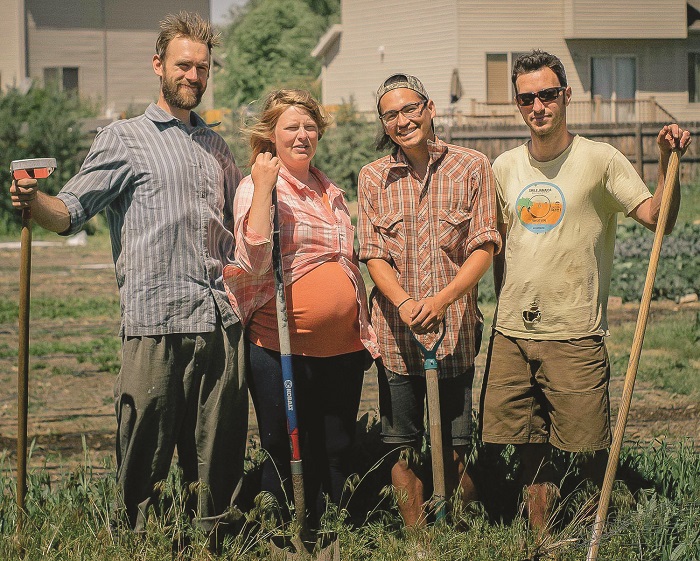 B.U.G. Farms: Crusaders for Community Supported Agriculture
B.U.G. Farms: Crusaders for Community Supported Agriculture
“I thought she was crazy and that it would never work,” says Backyard Urban Gardens (B.U.G.) Farms’ co-owner Carly Gillespie of the organization’s creator, Sharon Leopardi. “She didn’t have any start-up capital, was a renter, and didn’t have any garden space. And, she wanted to stay in the city—not move to a small town.”
It’s the conundrum of the current agricultural era. As more traditional farmland is converted to residential and commercial development, and less arable land is affordable for farmers of any age, small food growers are pushed out of the production stream at every level. At the age of 24, Leopardi started B.U.G. Farms in 2010 to address this problem.
With a background in urban agriculture at Wasatch Community Gardens, Leopardi—and later Gillespie, gardener Coleman Riedesel, and their cadre of talented volunteers—based the B.U.G. Farms concept around SPIN (small plot intensive) farming, now increasingly popular as a Community Supported Agriculture (CSA) production model, especially in urban areas. Gillespie explains, “The model works, and can actually be successful and profitable. When farming on a smaller scale, overhead decreases and you can grow more efficiently.”
How Does Their Garden Grow?
So, how did Leopardi solve her land crisis? That’s part B.U.G. Farms’ “crazy” concept of recruiting homeowners to volunteer extra unused property for cultivation. Gillespie describes the potential challenges as daunting, at least in theory: “People wouldn’t want to give up their backyards, or we would get forced out mid-season.” Or, homeowners would want more compensation than the CSA group could afford. Through a combination of luck, good communication, hard work, and a solid business model, those concerns have been largely laid to rest.
“She started the farm, and things just worked out,” says Gillespie of Leopardi’s vision. “Lots of people are interested in supporting the idea, and we get offers of land every year.” Their plan has been particularly successful in Glendale, where large lots make the concept especially viable. In fact, B.U.G. maintains seven gardens on one street, making cultivation and harvest manageable.
According to Gillespie, “Most homeowners we work with have more land than they would like to use, and having B.U.G. Farms on their property makes it so they have fewer weeds to manage and/or lawn to maintain.” In return, B.U.G. Farms covers homeowners’ water costs and they receive a weekly CSA share in compensation for use of their land.
SPIN farming is also dependent upon actual human hands in contact with the dirt. Gillespie explains, “We use a tiller and hand tools instead of a tractor, which enables us to plant things closer together,” and in turn, produce a much greater diversity and volume of plants than are usually grown in an industrial mono-crop environment.
SPIN farming also significantly reduces the carbon footprint of agriculture by almost entirely eliminating the fossil-fuel-powered large machinery and petrochemical agents that are used in conventional farming. On just one-and-a-half total acres, B.U.G. farmers harvest about 20,000 pounds of produce annually.
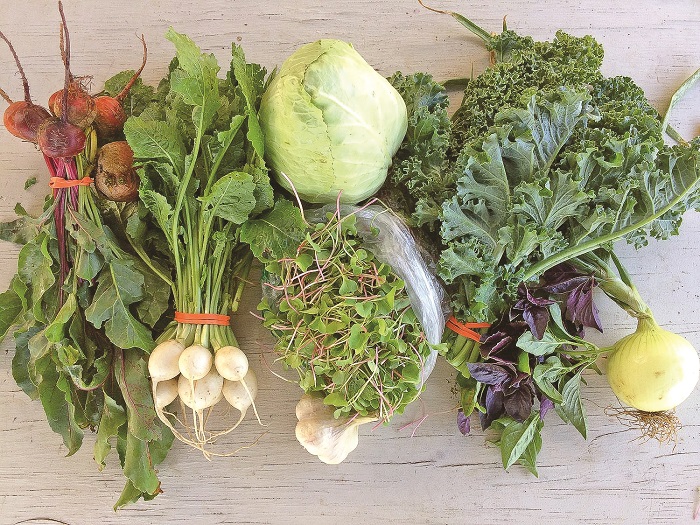
The Gift of Giving Back
The result is hardy storage roots, brilliantly-hued fragrant tomatoes, and delicate microgreens in a rainbow of crunchy, sweet, savory and spicy options. All of these delectable fruits of B.U.G. Farms labors are on rotation through the June-October CSA fresh produce delivery program, which supports 90-100 shares each week.
In addition to organic vegetable shares grown at the B.U.G. Farms’ plots, subscribers can also add options from carefully-vetted local farmers, expanding the small-agriculture circle of support. Says Gillespie, “customers can add fruit shares, fresh eggs from Clifford Farms, and mushrooms” to their annual order. Kind of like having the farmer’s market delivered right to your doorstep.
“It’s like receiving a very lovely gift each week,” says East Central City resident Brit Merrill, who has been CSA a subscriber since B.U.G. Farms’ inaugural year. “When I open my B.U.G. bag, I unpack a rainbow of colors and textures that feeds me throughout the week.”
Simultaneously supporting small community-based urban agriculture is the delicious bonus.
801.694.6067
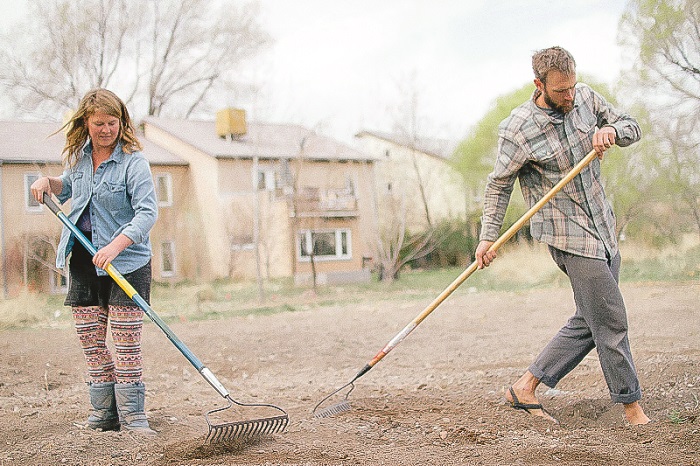
FOR MORE STORIES ON URBAN GARDENING GO HERE

